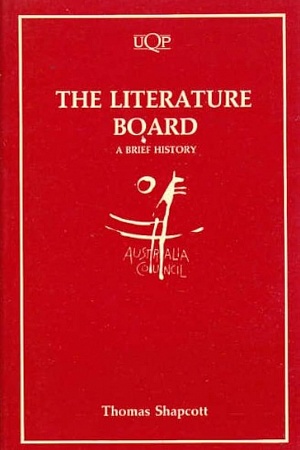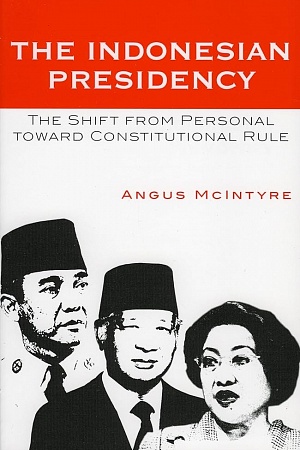The International Brigades: Fascism, freedom and the Spanish Civil War
Bloomsbury, $35.99 hb, 720 pp
The dry run
The participation of the International Brigades in the Spanish Civil War, from 1936 to 1939, was a great but overwhelmingly tragic adventure. According to Geoffrey Cox, an enthusiastic young journalist from New Zealand in Madrid at the time, it was ‘the most truly international army the world has seen since the Crusades’. Romance, bravery, and sacrifice were combined with bastardry, suffering, and humiliation, marred by often lazy and amateurish tactics, including the fatal notion that military discipline was a form of ‘class oppression’. Giles Tremlett’s richly documented new account overflows with exhilaration and alcohol, along with sabotage, treachery, and utter disorganisation. Perhaps it was the very failure of this romantic intervention that has encouraged, over the decades, a rose-tinted vision: a history, in effect, written by the losers.
Tremlett, for two decades a Madrid-based correspondent for the Guardian and Economist, and author of three books on Spanish history, has written his most ambitious work to date. The International Brigades is a monumental piece of research and synthesis. While there have been more than 2,000 books on the International Brigades, many of them have focused on specific nationalities, military units, or geographic locations. It is more than four decades since a broad overview has appeared in English. Tremlett’s timing is perfect: he has been able to access Soviet archives that were unavailable to previous researchers, and he writes as the last survivors of that time are passing away.
Continue reading for only $10 per month. Subscribe and gain full access to Australian Book Review. Already a subscriber? Sign in. If you need assistance, feel free to contact us.











Leave a comment
If you are an ABR subscriber, you will need to sign in to post a comment.
If you have forgotten your sign in details, or if you receive an error message when trying to submit your comment, please email your comment (and the name of the article to which it relates) to ABR Comments. We will review your comment and, subject to approval, we will post it under your name.
Please note that all comments must be approved by ABR and comply with our Terms & Conditions.